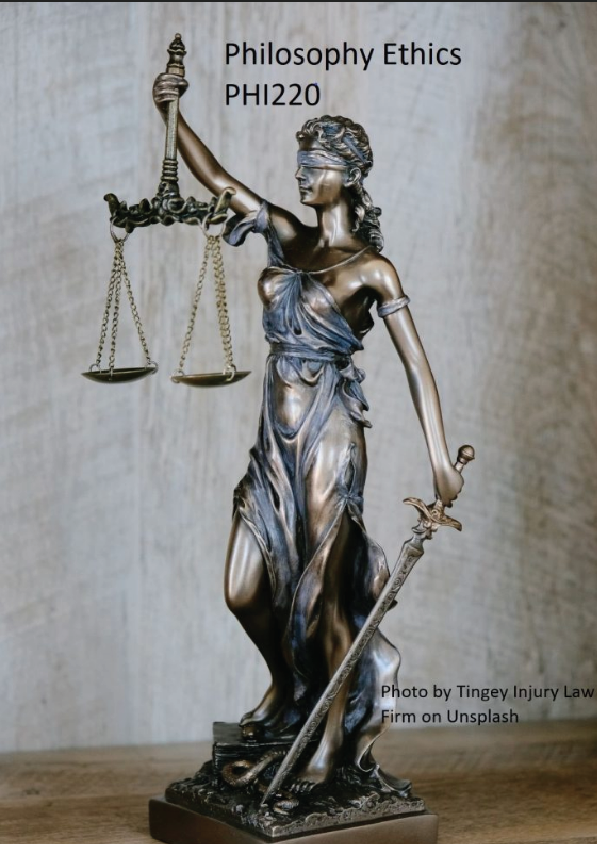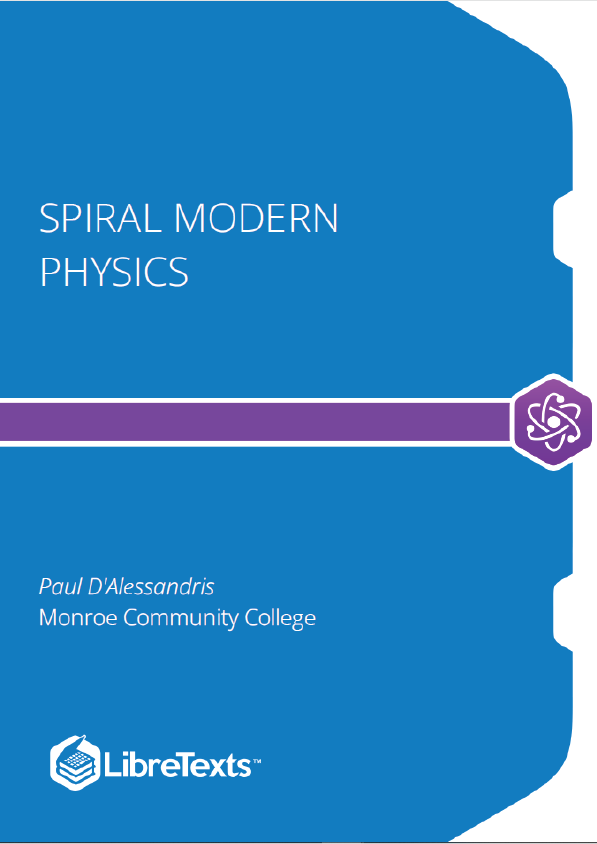Philosophy is hard. Part of the reason it can feel so annoying is because it seems like it should not be hard. After all, philosophy just involves thinking, and we all think — thinking is easy! We do it without…well, thinking. Yet philosophy involves not just thinking, but thinking well. Of course it is true that we all think. But thinking, like football, math, baking and singing is something we can get better at. Unfortunately, people rarely ask how. If you do not believe us, then just open your eyes. Society might be a whole lot better off if we thought well, more often. Philosophy will not give you the ability to solve the problems of the world; we are not that naive! But if you engage with philosophy, then you will be developing yourself as a thinker who thinks well. Philosophy is useful not merely to would-be philosophers, but also to any would be thinkers, perhaps heading off to make decisions in law, medicine, structural engineering — just about anything that requires you to think effectively and clearly. However, if Philosophy is hard, then Ethics is really hard. This might seem unlikely at first glance. After all, Ethics deals with issues of right and wrong, and we have been discussing “what is right” and “what is wrong” since we were children. Philosophy of Mind, on the other hand, deals with topics like the nature of consciousness, while Metaphysics deals with the nature of existence itself. Indeed, compared to understanding a lecture in the Philosophy of Physics, arguing about the ethics of killing in video games might seem something of a walk in the park. This is misleading, not because other areas of philosophy are easy, but because the complexity of ethics is well camouflaged.
When you study Ethics, and you evaluate what is right and wrong, it can be tempting and comforting to spend time simply defending your initial views; few people would come to a debate about vegetarianism, or abortion, without some pre-existing belief. If you are open-minded in your ethical approach then you need not reject everything you currently believe, but you should see these beliefs as starting points, or base camps, from which your inquiry commences. For example, why do you think that eating animals is OK, or that abortion is wrong? If you think that giving to charity is good, what does “good” mean? For true success, ethics requires intellectual respect. If you might think that a particular position is obviously false, perhaps take this reaction as a red flag, as it may suggest that you have missed some important step of an argument — ask yourself why someone, presumably just as intellectually proficient as yourself, might have once accepted that position. If you are thinking well as an ethicist, then you are likely to have good reasons for your views, and be prepared to rethink those views where you cannot find such good reasons. In virtue of this, you are providing justification for the beliefs you have. It is the philosopher’s job, whatever beliefs you have, to ask why you hold those beliefs. What reasons might you have for those beliefs? For example, imagine the reason that you believe it is OK to eat meat is that it tastes nice. As philosophers we can say that this is not a particularly good reason. Presumably it might taste nice to eat your pet cat, or your neighbor, or your dead aunt; but in these cases the “taste justification” seems totally unimportant! The details of this debate are not relevant here. The point is that there are good and bad reasons for our beliefs and it is the philosopher’s job to reveal and analyze them (Hospers, 1997).Philosophy is more than just fact-learning, or a “history of ideas”. It is different from chemistry, mathematics, languages, theology etc. It is unique. Sure, it is important to learn some facts, and learn what others believed, but a successful student needs to do more than simply regurgitate information in order to both maneuver past the exam hurdles and to become a better ethicist.
Philosophy, and in particular Ethics, is a live and evolving subject. When you study philosophy you are entering a dialogue with those that have gone before you. Learning about what various philosophers think will enable you to become clearer about what you think and add to that evolving dialogue. In order to understand philosophy you need to be authentic with yourself and to ask what you think, using this as a guide to critically analyze the ideas learned and lead yourself to your own justifiable conclusion. Philosophy is a living and dynamic subject that we cannot reduce to a few key facts, or a simplistic noting of what other people have said. Some people distinguish between “ethics” and “morality,” but we will use these words interchangeably. Moral questions are distinct from legal questions, although, of course, moral issues might have some implications for the law.











